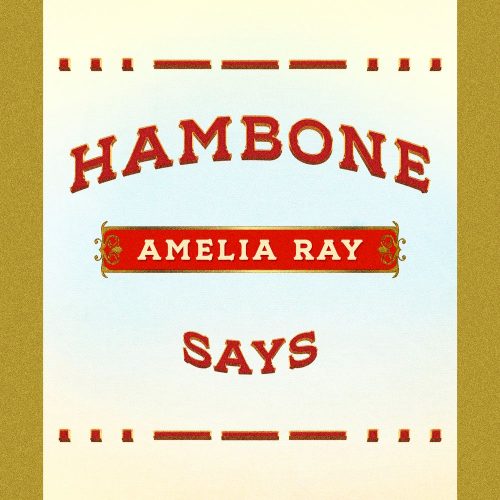In February, Ahmaud Arbery was shot and killed by three white men as he jogged in Georgia. In March, Breonna Taylor was killed in her own home by three white plainclothes officers in Kentucky. In June, the Black Lives Matter movement re-erupted amidst widespread outrage over systemic racism in America, tensions that stoked both civil rights activists and neo-Nazis alike.
Amelia Ray never knew her father’s father because he was murdered after his son failed to address a white man as “sir” in Alabama, 1962. As Amelia Ray watched the BLM movement resurge, she was struck with emotion. “I was going crazy, wanting to yell, cry, hit something, run through the streets, stay locked indoors and sleep all at the same time,” she described. After all those decades, it seemed like nothing had changed. Emboldened by this disillusionment, Ray teamed up with longtime collaborator Jake Wood to produce one of the most chilling and moving pieces of the year: a history of civil rights, told through the voice of a white overseer.
“Hambone Says” spans less than 3 minutes in length, but it is cavernous in its scope and effect. Ray begins with the bubbling weariness of a chain gang chant, contrasted soberly by her lyrics: “Dis Red Shift / Don’t eat dirt / Do good work / My Lord / Dis here gun / Hunt bluegum / Coon get some / My Lord.” To hear Ray invoke the perspective of a white supremacist group heralding their “Lord’s work” over a traditional African American drawl is unnerving but deeply poignant; perhaps it should be unsurprising to have yet another example of white exploitation of Black suffering, she reminds us.
As the song unfurls Ray continues to channel this striking theme, framing the words brimming with the violence of white supremacy through traditionally Black musical genres. “The Good Book says we are the chosen race / If it weren’t so, we wouldn’t have his face,” Ray sings over a smiling gospel tune. In a rap verse she flips the script to a more current cry: “Yo, I can’t be a racist if I can’t see color … Squabblin’ bout statues and pancake batter / ‘Knock, knock’ ‘Who’s there?’ / All lives matter.” Ray deftly navigates African American history both through genre and contemporary headlines, connecting 1920s massacres and 1960s white supremacist manifestos to the murder of Breonna Taylor and debate over the place of Confederate monuments in America. Ray traverses these eras with levelheaded ease, an effect amplified by a vocal delivery underscored by suffering and simmering with rage.
The role-reversal in “Hambone Says” is a resonant exploration of contemporary past aesthetics of racism in America. Amelia Ray fuses the vicious rhetoric of white supremacy across a century, weaving a haunting story out of cloth cut from the rich history of African American music. It’s just a tambourine and her voice, but there’s never a moment in the song that feels small. Ray delivers an incredibly powerful and moving exclamation of indignation in “Hambone Says,” a condemnation of hatred and racism that feels at once indelibly universal and intensely personal. This song demands self-reflection; it implores us to readdress our continuous failure to secure racial justice. If I had one song to recommend a listen to so far this year, this would be it.







